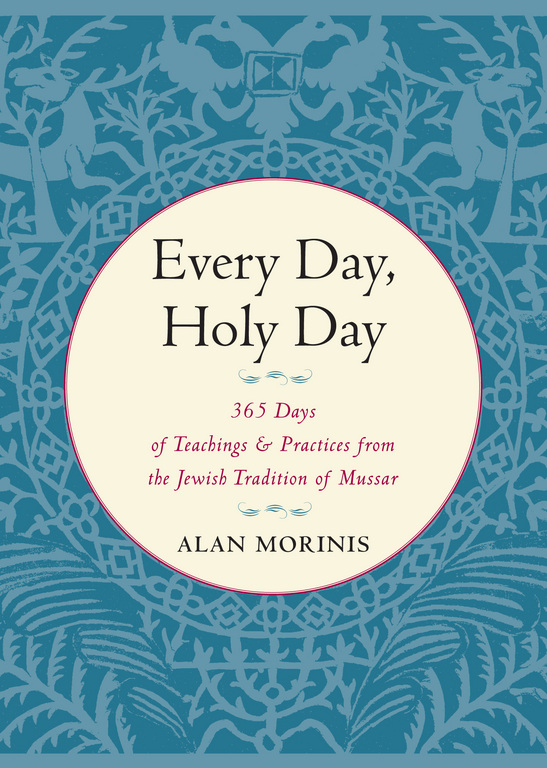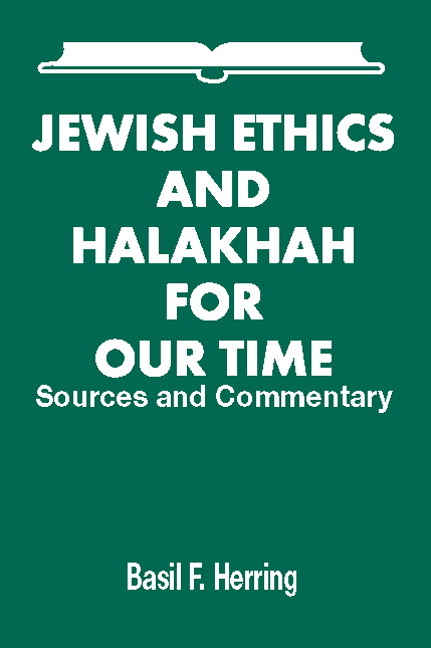Kosher Bookworm: Jewish ethics, now and year round
The Kosher Bookworm
By Alan Jay Gerber
Issue of September 10, 2010/ 2 Tishrei 5771With the Yomim Nora’im here it is appropriate for me to suggest a book that could serve as a year-round resource for teshuva (repentance), study and self-improvement.The headline echoes our holiday liturgy and teachings: ethics and halacha go hand in hand as the expected behavioral modes for the proper observance of our faith. Our relationships with G-d and with other people should govern our day-to-day lives and actions. An excess of literature supports these faith-based teachings but I would like to suggest one particular work that will enable you to keep your pledge of teshuva in the new year.
“Jewish Ethics and Halachah For Our Time” [Ktav, 1984], authored by Rabbi Basil Herring, a resident of the Five Towns, has been recently reissued. It will reinforce just about every worthwhile shiur and drasha that you have encountered in this season.
Rabbi Herring, a former rav of the Atlantic Beach Jewish Center and currently the executive vice president of the Rabbinical Council of America, offers an in-depth study of relevant sources and commentaries concerning just about every major ethical issue addressed in our religious teachings and every major ethical problem that we encounter in our daily lives, whether personal or communal or in the headlines.
Organized under four basic categories, these are issues that cannot be ignored by clergy or layman.
The categories are:
Bio-Ethics — abortion, medical practice, research and self-endangerment, organ transplantation and euthanasia.
Law and Public Policy — legal counsel and the truth, violence in self-defense and in defense of others, and capital punishment.
Psychosocial Ethics — parents and children, and issues involving sexual misconduct.
Business Ethics — truth and deception in the marketplace.
Each chapter begins with a basic introduction of the subject matter followed by several questions that set up the discussions to follow. This, in turn, is followed with a list and texts that draw from the whole gamut of Jewish law sources. A full discussion section follows, that enhances the practical aspects of the issues being discussed. Extensive notes give the reader the opportunity to perform their own research later. This makes this book an excellent text for both individual and group study.
Both Rabbi Herring and his publisher, Ktav, deserve our gratitude for not only presenting a high quality work, but for re-issuing this study at a time when others would have held back due to the adverse economic situation that the Jewish publishing industry now faces.
A work of a different kind that deals with the study of mussar was also published this month. “Every Day, Holy Day” [Trumpeter Book, 2010], is the latest from Alan Morinis, founder of the Mussar Institute.
This unique soft-cover book lists 26 ethical topics and is organized for each of the 365 days of the year. Each day has readings and teachings that can be read as a supplement to prayer and learning. The selections are literate and timely and address our spiritual needs in a learned and sophisticated manner.

 57.0°,
Fog/Mist
57.0°,
Fog/Mist 







